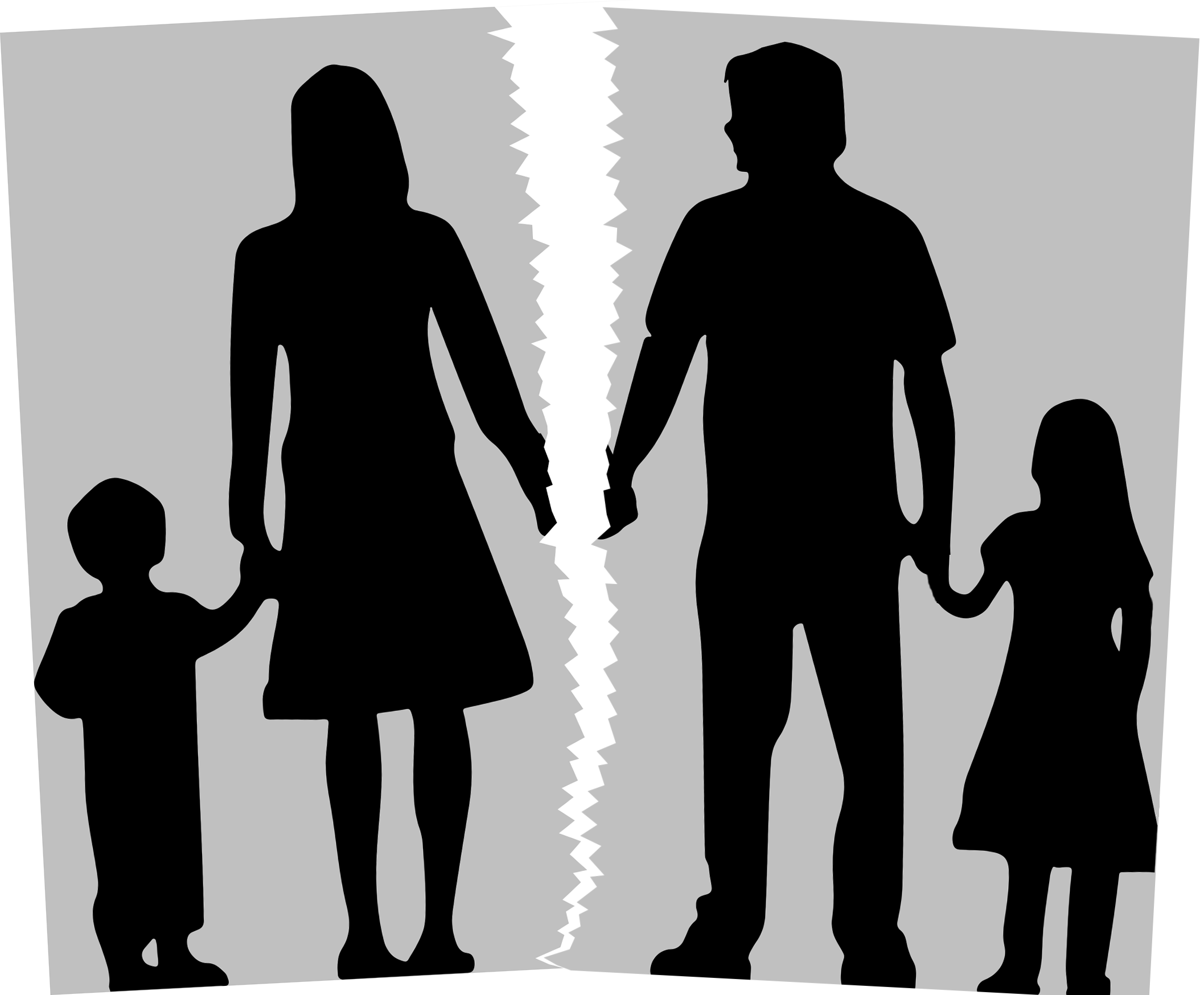Coping with Divorce or Separation
This is the 1st in a series of articles on coping with a divorce or separation.
Relationships don’t always work out the way we want: statistically, a divorce or separation is considered to be the second most stressful life event you will ever experience in your life after the bereavement of a close relative or loved one. One thing is for sure – it is not going to be easy. Those leaving a relationship will undoubtedly have different experiences compared to the person being left but the emotional fallout and turmoil are about the same.
How you deal with it has a lot to do with how well you can cope and come out the other end which
~ I can assure you ~ you will.
Having supported clients through this traumatic process for over 20 years, I am most frequently told they “don’t know where to start”. I spend a lot of time reassuring people that the sense of being on an emotional rollercoaster is perfectly normal; I often describe it as feeling like they are “jumping off a cliff not knowing where or how they are going to land”. What is important is ensuring that you have people there to catch you when you fall. The most important advice I can give is to identify and organise your support network as soon as possible. Don’t be afraid to go and see your GP and seek medical advice (and treatment, if need be). It is not to be seen as a weakness and it cannot be used against you. Counselling and/or psychotherapy are nearly always essential in my opinion before then lining up sound legal and financial advice. Don’t try and “go it alone”. It helps to talk things through not only to understand what went wrong but more importantly to ensure you are strong enough to cope with the often unpleasant journey ahead.
Emotionally disentangling yourself from your former partner can be very difficult but is important to recognise and deal with your emotions so that you are better equipped to deal with the practicalities of the divorce.
Accept the reality of your situation and manage it. Don’t focus on regret or worry about what other people might think. The decisions you are about to make practically and emotionally will require enormous courage and adjustment. We need to work on ensuring that you do not harbour feeling embarrassed, lonely, depressed or angry; only then will you be able to make and take the important decisions to re-build your future. At the end of this series, I aim to try to demonstrate how the end of your marriage/relationship really does become the beginning of the rest of your life and will hopefully ensure that you are better equipped mentally, emotionally and financially to rebuild your future.
You need to act wisely but there is no suggestion that it is appropriate to do that alone. Make sure you find a lawyer who is on the same “wavelength” as you. It is rarely good to find one that is “going to take your other half to the cleaners” as you do that at your peril ~ both emotionally and financially. Remember that during the course of any financial settlement you are likely to have to disclose your financial dealings, assets and documents from prior to separation and beyond. Spend carefully and wisely. Keep a note of anything that seems unusual (for you and/or your partner) and gather as much information as you can about your financial and practical affairs to date. If you have not been used to running your family finances, don’t worry ~ the team to be built around you will include financial advisors, mortgage brokers and other experts as necessary.
Keep a diary covering significant events as they develop regarding you, the children and/or the finances – anything that you think is important is likely to be helpful further down the line. Try to persuade your other half to keep financial arrangements just as they are until you can take steps to start to separate your affairs. If you are still in the same house make sure you have a confidential postal address, email address and do not plaster your news or feelings on social media.
One of the major challenges with divorce and/or separation is that you are likely to have to make some pretty big personal and financial decisions at a time when you feel most ill-equipped to do so. That is why sound and trusted advice is essential. You may have to make decisions about moving home, going back to work or changing your lifestyle. This can be very difficult when you see your other half “living it up” or in a new relationship or acting with blatant disregard of the emotional debris they are leaving behind. It is essential not to seek revenge but to keep a clear head – the better you handle these big decisions, the greater your chance of a successful post-divorce life.
Focus your attention on ‘self-care’ ~ by eating well, maintaining (or starting) some regular physical exercise, taking time to relax and continuing to go out and socialise with friends and family. Don’t hide – don’t feel ashamed – it’s all normal.
The most important thing is to give yourself time to grieve what you have lost. You have not just lost a spouse, a friend, a lover (or in fact, maybe actually someone you, in fact, did not like much at all) but you may also feel you have lost your identity, your dreams and your future. It is that we need to work on to rebuild your life in small, carefully built, pieces.
In the next edition of Mama Life, I will focus on your children and how best to equip them with the upcoming changes in their lives.
If this article has prompted any queries or questions please feel free to email me at clare.wiseman@irwinmitchell.com ~ please indicate whether your question requires a confidential answer or one which (anonymously of course) you don’t mind sharing in the magazine.










